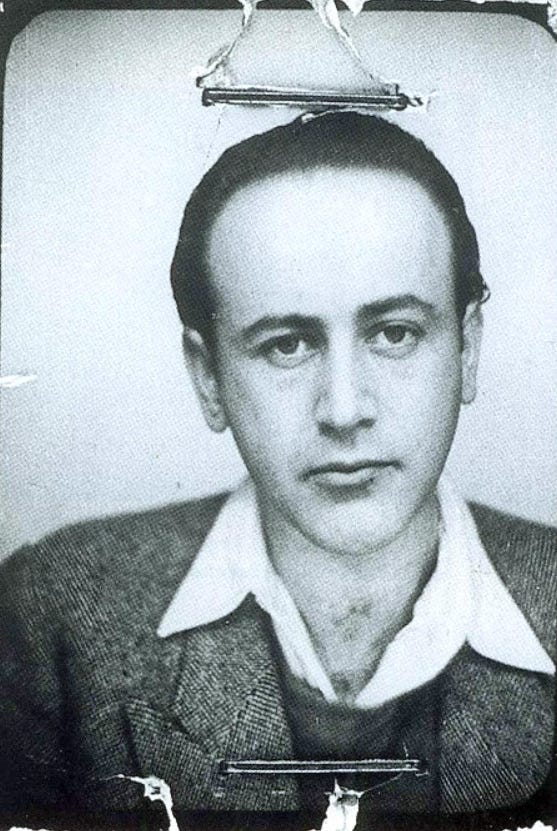“Only one thing remained reachable, close and secure amid all losses: language."
Paul Celan
This quote comes from Paul Celan, a Romanian-German poet and Holocaust survivor, born on November 23, 1920. Celan is one of the most significant post-World War II poets writing in German, known for his deeply introspective and often opaque work. His poetry reflects the profound trauma he experienced during the Holocaust, including the loss of his parents and his own time in a labor camp.
The quote, "Only one thing remained reachable, close and secure amid all losses: language," encapsulates Celan's complex relationship with language after enduring unimaginable horrors. For Celan, language became both a refuge and a challenge in the wake of the Holocaust. It was the only thing left to him that could bridge the abyss of loss and express the inexpressible grief of his experience. In the context of his poetry, language is not merely a tool for communication, but a means of survival—a lifeline to cling to amid a shattered world.
However, this statement also reflects a deep paradox. While language was the one thing that remained within reach, the language Celan wrote in—German—was also the language of those who perpetrated the Holocaust. This duality adds to the weight of his words: while language offers solace and security, it is also burdened with the trauma of history. Celan’s work often confronts this tension, attempting to rebuild meaning and expression in a fractured post-war world.
The phrase "amid all losses" carries profound weight, reflecting the massive scale of personal and collective devastation after the Holocaust. Yet, despite these losses, Celan clings to language as something that cannot be taken away, a core part of human existence that endures even when everything else falls apart. It suggests that while material possessions, family, and even humanity can be obliterated, the power of language remains resilient.
Celan's poetry is an exploration of these difficult truths. His work, especially in collections like Death Fugue and Speech-Grille, grapples with the limits and possibilities of language in conveying trauma. This quote is emblematic of Celan’s struggle to both reclaim and redefine language in the aftermath of unspeakable loss, making it a powerful testament to the enduring strength of words even in the darkest times.


